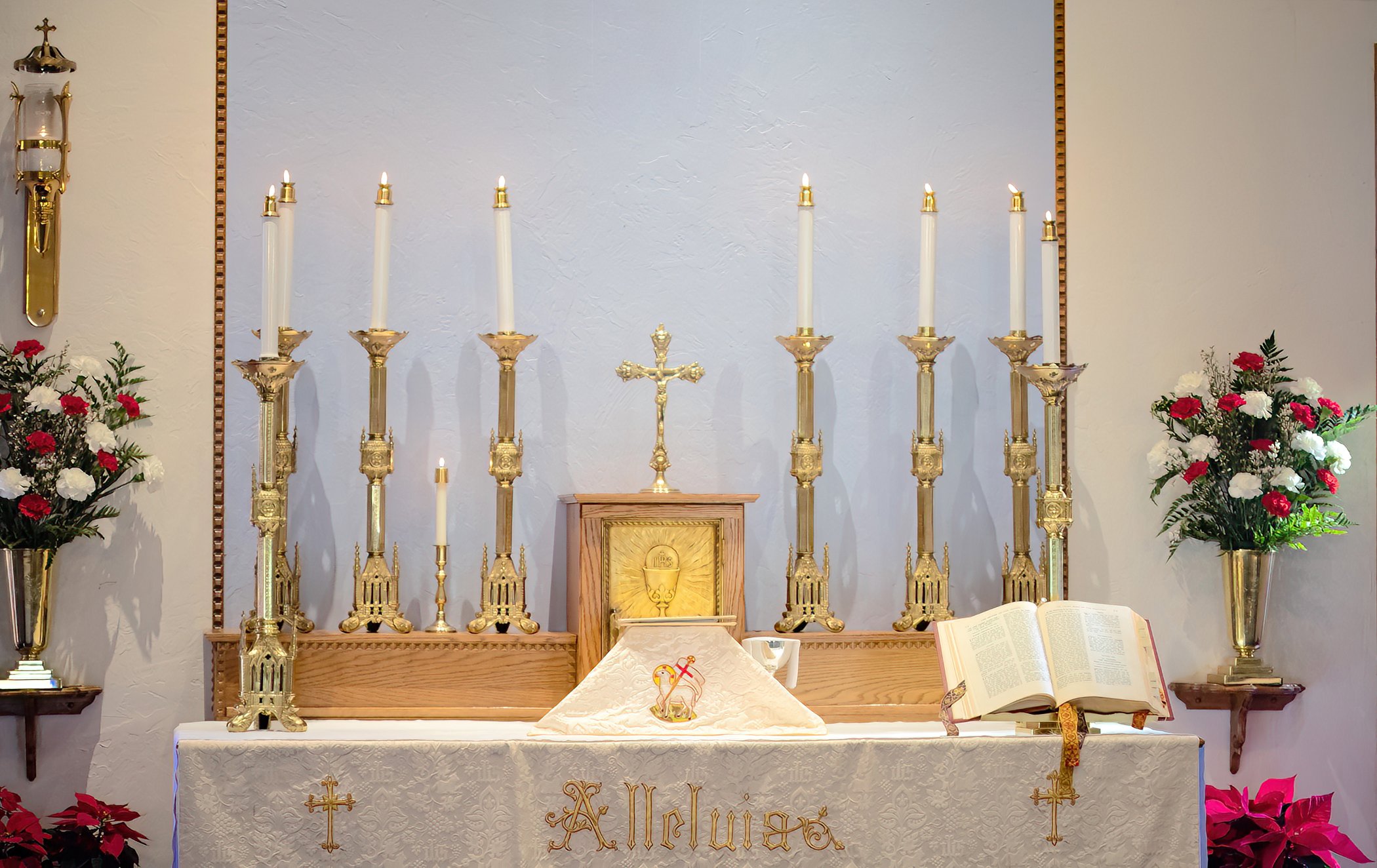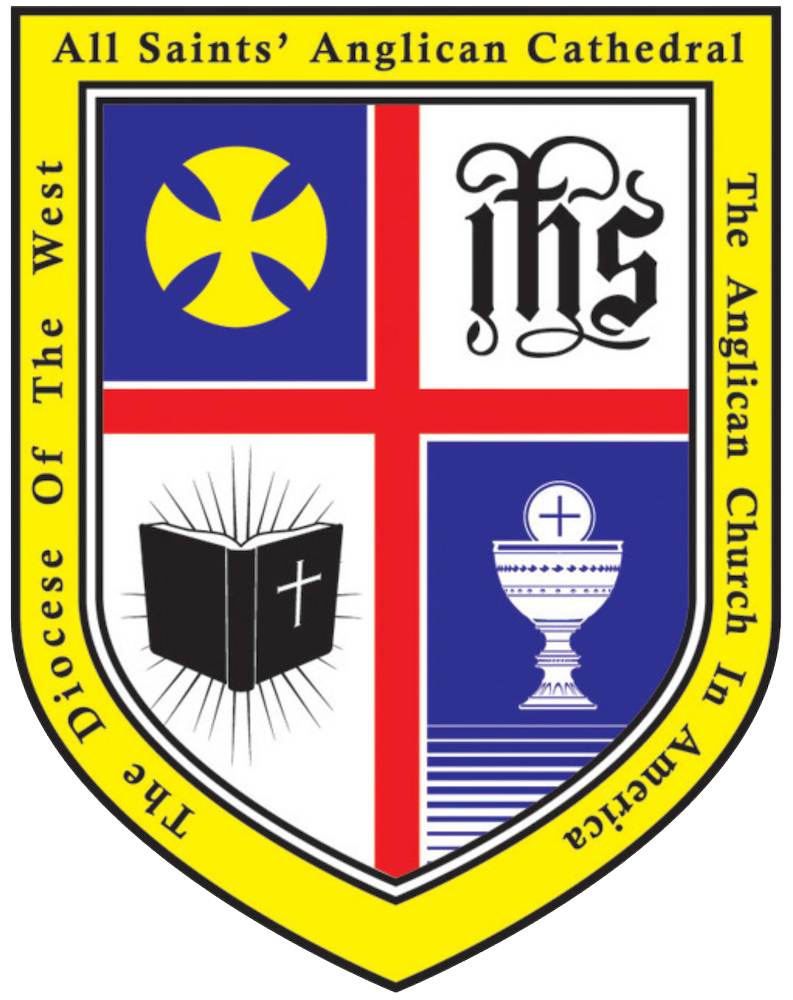
What is Divine worship?
The word “worship” signifies “worth-ship”, and when applied to God, means giving to Him the honour of which He is worthy: “Thou art worthy, O Lord, to receive glory and honour and power: for thou hast created all things, and for thy pleasure they are and were created.” (Revelation 4:11)
Divine Worship may be private or public. Public worship is the offering of united homage to God as a Great King by his subjects, the members of his Church. While He accepts the worship of each individual or family, He loves more the public worship of his Church: “The Lord loveth the gates of Sion more than all the dwellings of Jacob.” (Psalm 87:2)
The true idea of worship is that of an offering made by the creature to the Creator. This being so, the primary object in going to a place of worship is to give and not to get.
The Church’s chief act of worship is the celebration of the Holy Mass or Eucharist (of Holy Communion). This is the one service appointed by our Lord Jesus Christ. A great festival, or Lord’s day, that passed without taking part in this supreme act of Christian worship, is not spent according to the divine intention.
The Holy Mass is a feast upon a sacrifice. The body and the blood of Christ are first offered to the eternal Father, and then partaken of by the communicants. This action is termed by St. Paul “shewing the Lord’s death” (1 Corinthians 11:26) In saying, “This do in remembrance of me,” our Lord used words which signify: Offer this as my memorial before God.
When we speak of the Holy Mass as a sacrifice, we do not think of any repetition of the sacrifice of the cross, or any renewal of Christ’s sufferings or death. His sufferings and death took place once for all and can never be repeated. Neither are we to suppose that anything is wanting in His sufferings or sacrifice, which the Eucharistic Sacrifice supplies. But we mean that in the Holy Mass, we plead before God the One Sacrifice offered once upon the cross, even as Christ himself presents the same offering in heaven. Thus, the fathers spoke of the Holy Mass and Eucharist as “the unbloody sacrifice.”
Our Lord’s sacrifice upon the cross is a full, perfect, and sufficient sacrifice, oblation, and satisfaction, for the sins of the whole world – not only for original sin, but for all actual sins.
Our Lord Jesus Christ ordained the sacrament of the Eucharist in order that we might be able on earth to plead His sacrifice before the face of God, even as He does in heaven. But there was a further object of supreme importance, namely, that He might feed our souls with His sacred Body and Blood.
That we may thus be able to feed upon Him, He has given to His Church authority to consecrate, by the power of his Holy Spirit, bread and wine to become his Body and Blood. When we receive the bread and the wine thus consecrated, we verily and indeed receive the sacred Body and Blood of Christ.
The certainty of this depends on the truth known as the Real Presence. When we come to Holy Communion, we should always remember that we are approaching the sacramental Presence of God. In the sacrament of Eucharist, the Body and Blood of Christ and therefore the whole of Christ is verily and indeed present, and is verily partaken by us and verily combined with the sacramental signs, so that in the bread duly given and received, the Body of Christ is given and received. In the wine given and received, the Blood of Christ is given and received. Thus, there is a communion of the whole of Christ in the communion of the Sacrament, in a mystical, heavenly, and spiritual manner.
